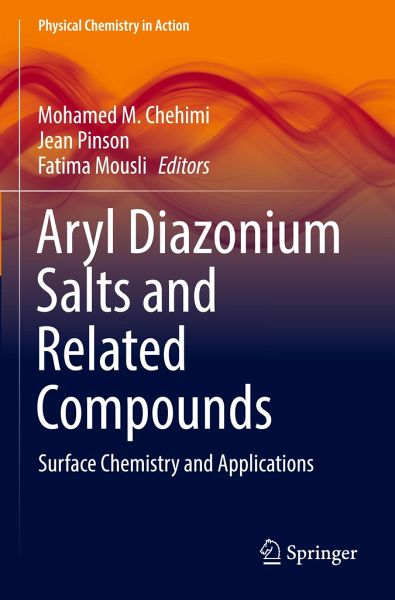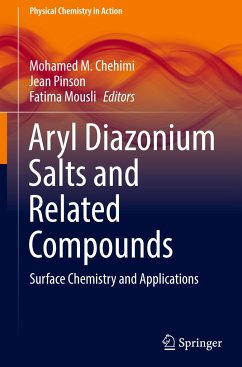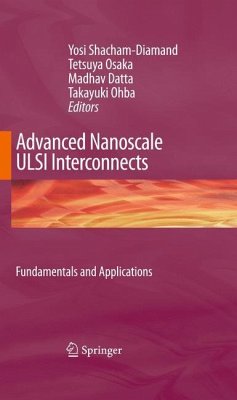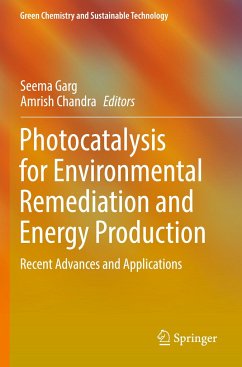
Aryl Diazonium Salts and Related Compounds
Surface Chemistry and Applications
Herausgegeben: Chehimi, Mohamed M.; Pinson, Jean; Mousli, Fatima
Versandkostenfrei!
Versandfertig in 6-10 Tagen
121,99 €
inkl. MwSt.

PAYBACK Punkte
61 °P sammeln!
This volume provides the latest developments in the field of surface science and technology based on diazonium coupling agents as well as their precursors (e.g. aromatic amines). It presents new concepts of surface chemistry of diazonium salts and discusses their novel and challenging applications. The latest advances on surface modification with diazonium salts are discussed and various promising alternative surface modifiers such as iodonium salts are examined. This book demonstrates the universality of diazonium salts in the surface treatment of classical and emergent materials and it will ...
This volume provides the latest developments in the field of surface science and technology based on diazonium coupling agents as well as their precursors (e.g. aromatic amines). It presents new concepts of surface chemistry of diazonium salts and discusses their novel and challenging applications. The latest advances on surface modification with diazonium salts are discussed and various promising alternative surface modifiers such as iodonium salts are examined. This book demonstrates the universality of diazonium salts in the surface treatment of classical and emergent materials and it will be a great tool for researcher and graduates working in this field.














